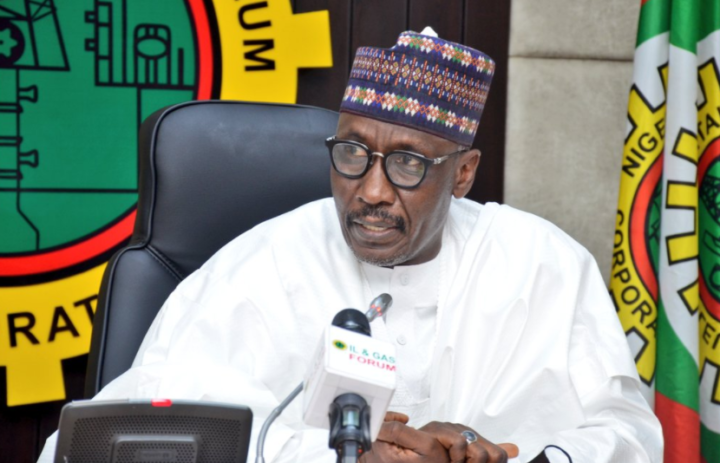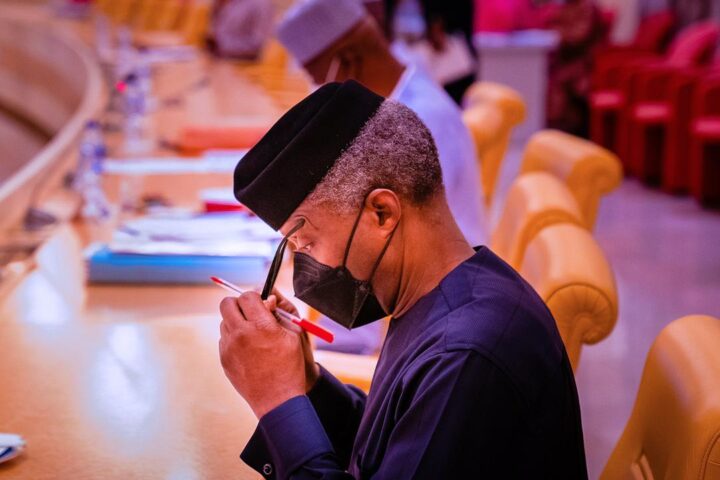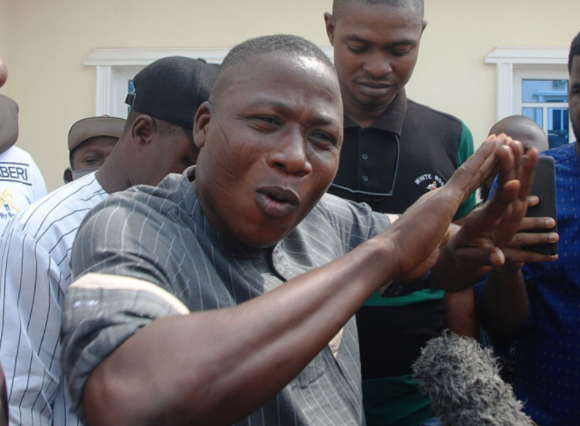Mele Kyari, group managing director of the Nigerian National Petroleum Corporation (NNPC), says the supply crisis affecting the natural gas market may push crude oil prices up by $10 a barrel.
In Nigeria, the price of cooking gas has recorded multiple increases in recent months which Kyari had attributed to under-supply.
In Europe, high demand and reduced supply have also resulted in a surge in wholesale gas prices.
Brent crude, the grade at which Nigeria’s crude oil is benchmarked, traded above $75 on Wednesday.
Advertisement
While speaking during an interview with Bloomberg TV, on Wednesday, Kyari said that within the next three to six months, the current distortion in the market could lead to an increase in oil prices by at least $10.
Kyari hinged his argument for an increase in crude oil prices on the fact that the gas supply crisis will make energy consumers shift from gas to other fuels.
He added that demand for oil may climb by one million barrels per day.
Advertisement
“It will absolutely hit crude prices as energy consumers are forced to shift from gas to other fuels,” the NNPC GMD said.
“You wouldn’t be very wrong if you said you would see an additional $10 on a barrel maybe three months, maximum six months.”
According to him, the world is presently in a potential crisis because last year, a number of things were not done right, including under-investment in the gas sector, particularly.
“The implication of that is that we’re going to see the effect coming up in a year or two maximum. And that will also affect the gas supply all over the globe and, particularly, in Europe,” Kyari said.
Advertisement
“That’s going to show up in a number of gas-rich countries and gas supply projects are being stalled, a number of midstream gas projects are being stalled or delayed, and the net effect will be that there will be an impact on pricing coming very shortly.”
He said that there was still clearly a supply gap, explaining that in the country, supply to the Nigeria LNG plant has been beset by several challenges in recent times.
“There are a number of things going on now to improve on the gas supply. We surely have issues around gas supply to the LNG plant, in particular, and even into the domestic market and the net effect is that you will see some slippages in cargos in 2022 and even in 2021,” Kyari said.
“And the implication of that is that you have to do something pretty quickly and we have lost time, we have lost investment and for us, what must happen is a very quick return to a pre-Covid-19 level investment and that, of course, is being adjusted and I know that this is a key challenge for the industry.”
Advertisement
He admitted that closing the global oil supply gap in three to four months time might not be feasible.
Kyari said that Nigeria’s underperformance in the last few months in relation to the quota allocated by the Organisation of Petroleum Exporting Countries (OPEC) would be halted by the end of October this year or mid-November.
Advertisement
“From everything we’re doing, we’ll get back to the OPEC level, probably, by the end of October and maximum middle of November. We’re not far from that,” he assured.
The NNPC boss pointed out that the national oil company was going through a transformation that would see it invest more in renewable energy sources.
Advertisement
On Wednesday, the senate approved $57 per barrel as the oil benchmark for the 2022 budget.
In June, Kyari had said rising crude oil prices will cause problems for resource-dependent countries such as Nigeria.
Advertisement
He lamented that oil prices had started exiting the comfort zone set by the NNPC and becoming a burden for the country
Add a comment






